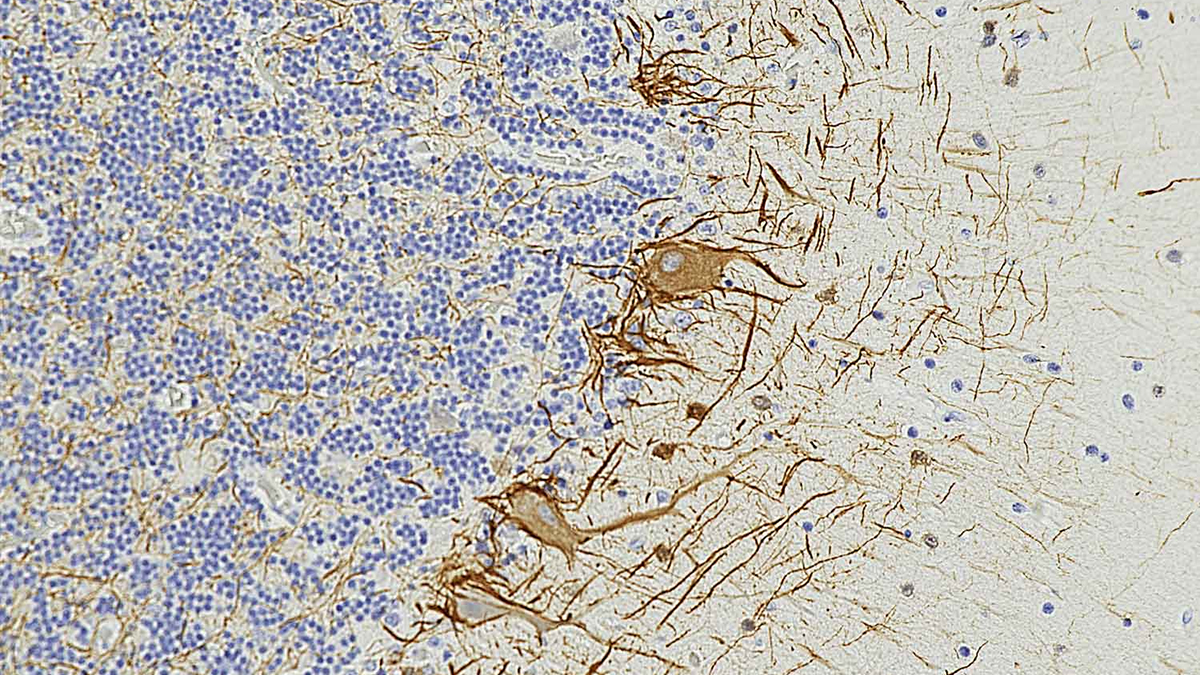
Blood Signals May Predict Multiple Sclerosis 7 Years Before Symptoms : ScienceAlert
Scientists have found blood protein signals that may flag multiple sclerosis up to seven years before symptoms begin.
Spotting early warning signs means more opportunities to treat or prevent multiple sclerosis (MS) – and more insight into how it develops.
The chronic, incurable autoimmune disease – where the immune system attacks the brain and spinal cord – can cause a range of debilitating health issues – including problems with memory, mobility, vision, mood, and pain.
By the time symptoms appear, the disease can already be well established.
Related: Scientists Identify Specific Bacteria Linked to Multiple Sclerosis
In a study led by researchers from the University of California at San Francisco (UCSF), evidence of brain damage was detected years before symptom onset – potentially a crucial window for earlier treatment and support.
“We think our work opens numerous opportunities for diagnosing, monitoring, and possibly treating MS,” says neurologist Ahmed Abdelhak, from UCSF.
“It could be a game-changer for how we understand and manage this disease.”
The team analyzed data from blood samples given by US military personnel, 134 of whom later developed MS. More than 5,000 proteins were studied to see whether early patterns appeared at significant rates among this subgroup.
They found levels of myelin oligodendrocyte glycoprotein (MOG) jumped up sharply a full seven years before symptoms began, on average. Because MOG helps protect the nervous system’s wiring, the finding implies that protective layers are under attack long before clinical disease appears.
Around six years before symptoms, neurofilament light chain (NfL) became more abundant too, a recognized sign of damage to the nervous system. This suggests the disease first attacks the protection around the nervous system, then the nerves themselves.
Another protein that was elevated ahead of time was interleukin-3 (IL-3), a chemical messenger that recruits immune cells to the parts of the body affected by MS.
By combining 21 proteins that showed the strongest early changes, the researchers think an accurate blood test could be developed to flag presymptomatic MS.
“We propose a protein biomarker panel that may help distinguish presymptomatic patients with MS from healthy controls, pending validation in future studies,” write the researchers in their published paper.
Those future studies will be important. These tests were done on blood given by a relatively small number of army recruits, so samples from larger and more diverse groups are needed. The disease won’t progress in the same way or with identical timelines in every individual.
Besides early diagnosis tests, the research also gives us useful insight into the timeline of MS: which types of damage occur first, and how.
Ultimately, that could lead to ways of identifying MS risk factors more precisely, and, potentially, to blocking progression years before typical diagnosis.
“We now know that MS starts way earlier than the clinical onset, creating the real possibility that we could someday prevent MS – or at least use our understanding to protect people from further injury,” says neurologist Ari Green, from UCSF.
The research has been published in Nature Medicine.
First Appeared on
Source link







